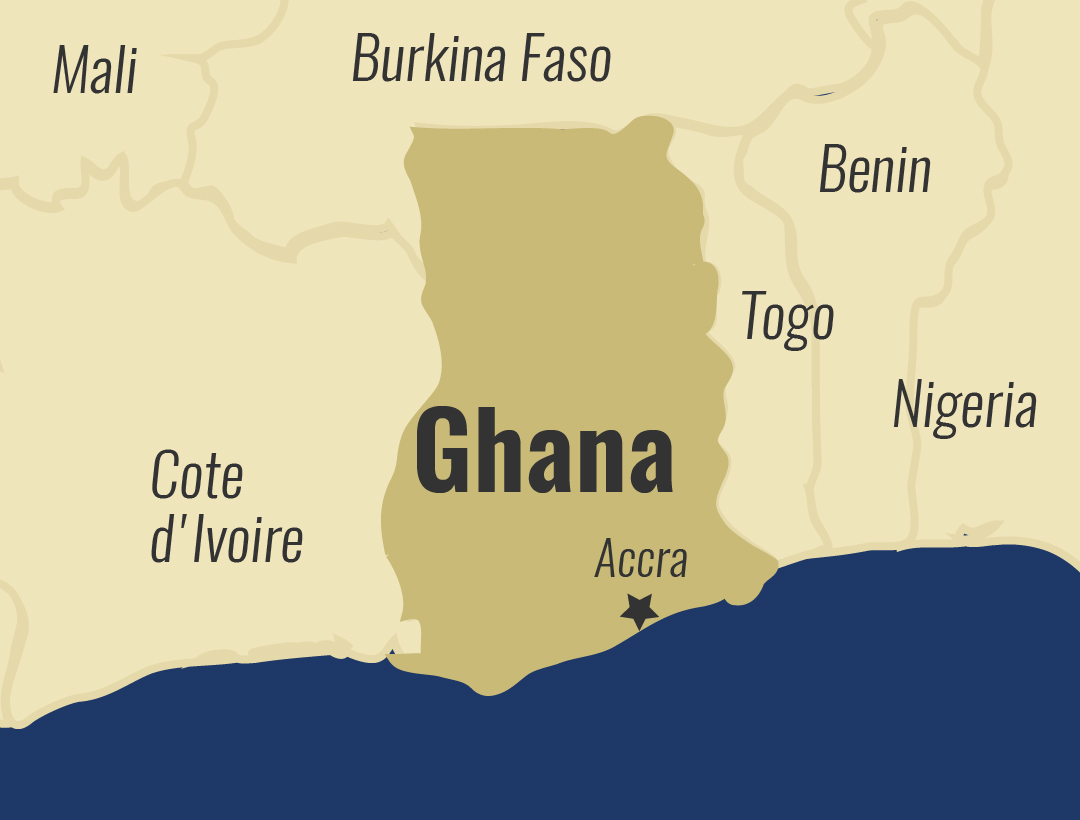
Ghana court bans planned protests against cost of living
A high court in Ghana has blocked civil society groups from holding protests in the capital Accra, one of the organizers said, joining other African governments in trying to quell youth-led demonstrations over the high cost of living.
Organizers said the protests would draw over two million people onto the streets to demand more action from President Nana Akufo-Addo on corruption and living conditions.
In Kenya, more than 50 people have been killed and nearly 700 arrested in a police crackdown on demonstrations since mid-June, when protesters began taking to the streets to oppose tax increases proposed by President William Ruto, according to the government-funded Kenya National Commission on Human Rights.
Ruto has fired his cabinet and scrapped the tax bill.
Last week, young people in Uganda took to the streets to protest against alleged corruption and demand the resignation of the parliament speaker.
Police there shut down a march and arrested more than 70 people, according to a legal aid organization.
Nigeria, meanwhile, on Saturday offered its young people jobs in the state oil company and billions of naira worth of grants among other incentives to discourage protests, days before a planned nationwide demonstration over bad governance and a high cost of living.
In Ghana, protest organizer Mensah Thompson said elections should not block citizens from exercising their right to demonstrate.
“Young people are poised to demonstrate with or without the approval of the authorities,” he said.
“A time comes when they will spontaneously jump on the streets and we will have a ‘Kenya’ on our hands.”
Ghana’s economy buckled after the effects of years of over-stretched borrowing were exacerbated by the COVID-19 pandemic, the knock-on impacts of the conflict in Ukraine, and higher global interest rates.
The gold, cocoa, and oil producer has been restructuring most of its 30 billion U.S. dollars in external debt to be able to implement a 3 billion U.S. dollars, three-year International Monetary Fund bailout program and emerge from its worst economic crisis in a generation.
Ghanaians head to the polls in December to elect legislators and a replacement for President Akufo-Addo in an election expected to be keenly contested.






